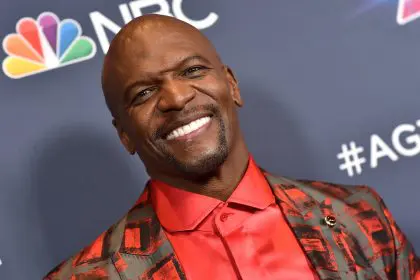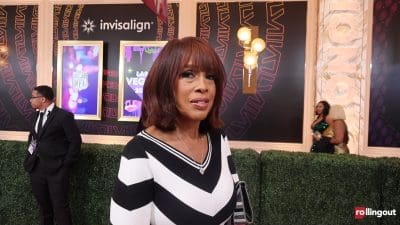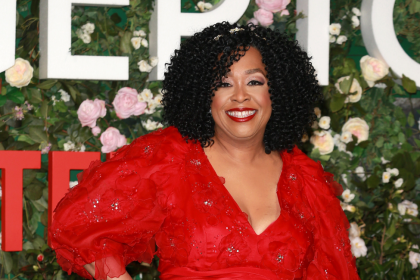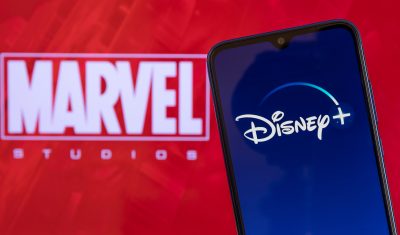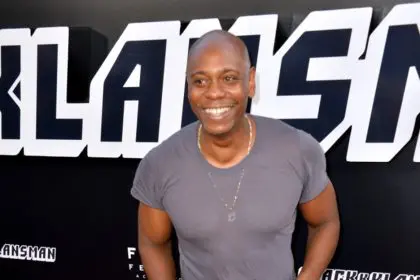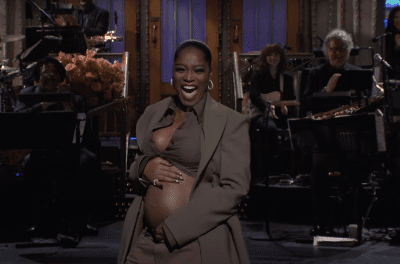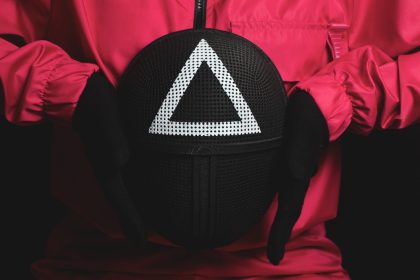Shows like “The Boondocks” and “Black Dynamite” have been hits on Adult Swim because of their brash approach to race, politics and sex—but also because they’re just very, very funny. One of the minds behind the R-rated humor and biting social commentary is Carl Jones. As an executive producer on “The Boondocks” from 2005 through 2010, Jones helped bring the wit and candor of Huey, Riley, Uncle Ruckus, Stinkmeaner and others to the small screen; and he’s done the same with “Black Dynamite,” the animated Blaxploitation spoof series based on the 2009 indie classic.
“I’ve always been a fan of comedians and humorists who were able to not only make people laugh, but also provoke thought,” Jones said. “It’s just a personal thing. That’s not something I think all writers and artists are responsible for doing and should do; but I definitely got a lot out of being able to use that as a tool to speak to the human condition and to speak on certain topics that are a lot of times taboo. Using comedy as a vehicle, it seems that you’re able to address a lot of issues that are offensive [and] abrasive to discuss. It’s almost…an antidote or medicine that you can give society to heal. So I like to use it in that way.”
Black comedy has always been a major part of how black culture discussed it’s world and shared it’s perspective to the outside world; from Richard Pryor to Dave Chappelle. Jones said that while the Internet and various networks seem to be aiming for black-oriented content right now, it doesn’t mean that there is any kind of resurgence or renaissance to celebrate. This is still about profitability.
“I wouldn’t say that there’s a bigger platform, but I would say that the boundaries are being pushed further,” he said, in regards to what outlets are readily available. “So it gives [us] a lot more room to explore more areas of satire, and edgy humor. But in terms of there being more platforms, I don’t know. It seems like to me, at least with television, that a lot of networks are becoming a little bit more conservative. It’s rare that you have a network like Adult Swim that actually supports this type of content. Even with Comedy Central—since “Chappelle’s Show,” I don’t know if we’ve seen anything that’s filled that void or speaks to that audience. It seems there’s a lot less black content on television. In the 90s, there was a whole movement—”In Living Color,” “Living Single,” “Martin” — it wasn’t as edgy as “Chappelle’s Show,” but it spoke to an audience that right now, is underserved.”
“I think we still have a lot of work to do, and I think the proof is going to be in the pudding. It’s a business. If we can make these shows and stay consistent. We can show that we can stand the test of time. Most content that’s super edgy or very offensive, with the exception of “South Park,” they usually have a short shelf life. And when you think about syndication–what other places are going to license a show that’s that edgy? Adult Swim a very unique place that will air a show like “Black Dynamite,” but once we reach a hundred episodes there, who do they license that show to?”
But television is definitely becoming more in tune with what the public is asking for; and black audiences want to see black shows. Jones believes that the Internet has given the public more leverage in demanding what it wants to see. He also sees the diminishing market for children’s material means there is more room to be risqué—for better and worse.
“I think everyone is kind of starting to skew the content a little older,” Jones said. “I don’t know if that’s always a good thing, especially for kids, but because you can’t sell sugar and toys–because video games have kind of kicked toys to the curb–it creates less of a market for kid’s content. I think it’s slowly moving into a place where the corporations and the networks are starting to conform more to what the people really want to see, instead of dictating to the audience. I think the Internet is largely responsible for that.”
Whatever that means for black comedy on television, writers like Jones are primed to make the most of the platform. And that’s a win for black audiences. At least for now.



